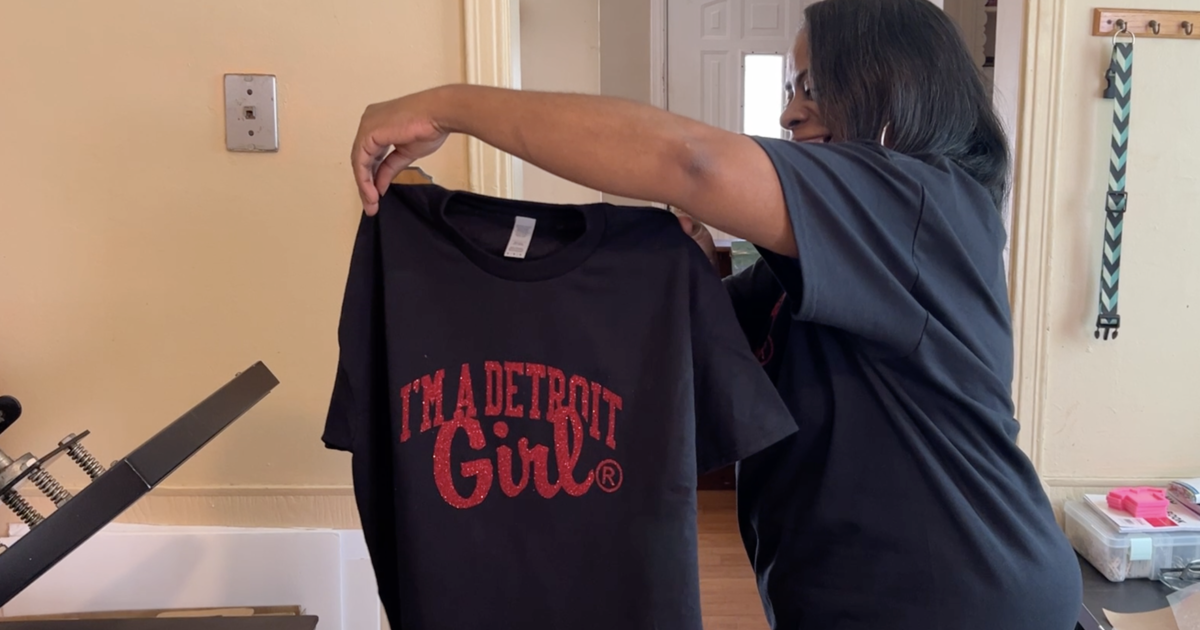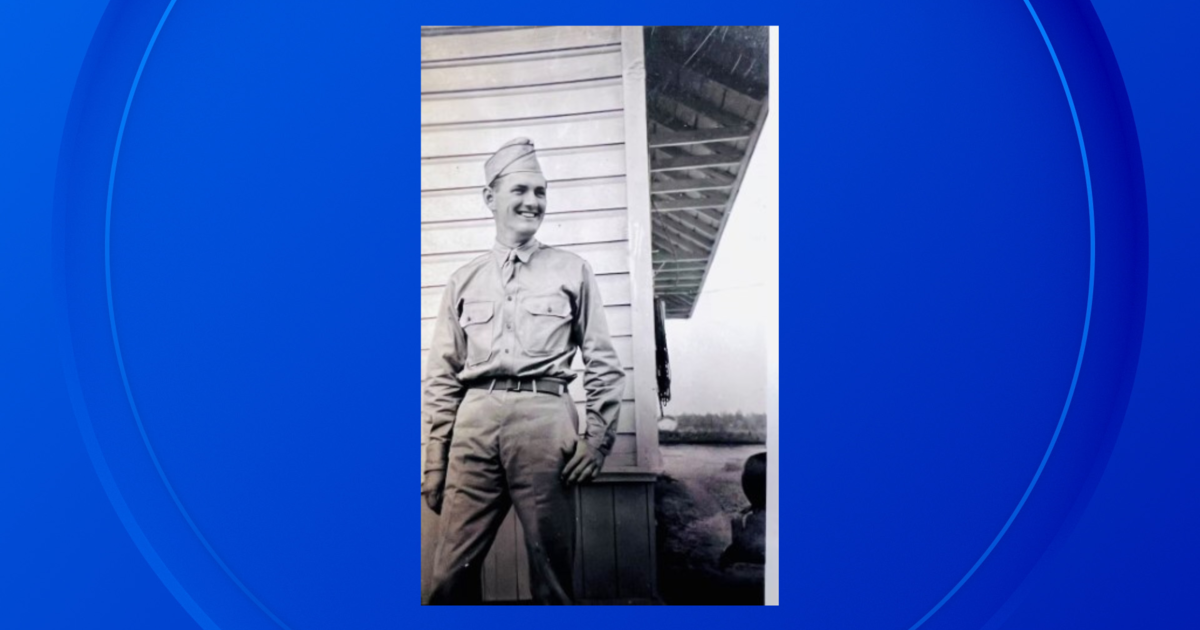Summer, Smoke And Seasons Of Love At The Hilberry
By Michael H. Margolin, EncoreMichigan.com
Coming out of the Hilberry Theatre after seeing "Summer and Smoke" I found myself slipping into the cadence of Tennessee Williams' dialogue. Always an important part of his plays, in this production it was done well.
Each of the characters speaks in a different, Southern tongue: Alma, the hysterical laugh bitten off by arch phrases; John's somewhat dour sound with fewer peaks and valleys; Nellie, high pitched and fast, which makes her sound like a wind-up toy; and Mrs. Basset's lady of the manor, rectitudinous (should there be such a word) vocal output, a Southern steamroller.
This is a great part of the success of this production, the tale of Alma Winemiller and John Buchanan, Jr. who were children together, lived in houses with only a yard between and who as adults fall in lust(him) and spiritual affection (her) and never the twain shall meet.
In Williams' plays, most heterosexual relationships come to grief, though in "Summer and Smoke" it is not as vulgar or violent as his later works. "Smoke," from 1948, is closer to "The Glass Menagerie" than "Cat on a Hot Tin Roof."
The set by Peter Schmidt is particularly evocative, the Winemiller and the Buchanan residence interiors on either side of the stage and in the middle, the angel fountain, an allusion to Alma's naivete and later, John's acceptance of love, in front of which key scenes take place. During scene changes, Samuel G. Byer's effective lighting illuminates the angel to different degrees, a harbinger of the shifts in mood.
On the production side, I admired John Woodland's costume design, exceptional but for Alma's rather dreadful dressing gown. And while I am at it, would John have 12 white suits, as he states, and wear those scuffed black shoes? Do I remember that in the film with Geraldine Page and Lawrence Harvey, he wore immaculate white shoes?
Well, as Noel Coward wrote, don't quibble, Sybil. There were uniformly good performances under the keen direction of Lionel Walsh.
Loreli Sturm took on the difficult, long role of Alma and brought it to life. If not tragically poetic, it was a sensitive and well spoken performance. John, John, the doctor's son, was played with cool swagger and then conviction by Andrew Papa, covering the brute in him with aloofness.
In other roles, Danielle Cochrane as Mrs. Winemiller was a hoot (though too young), Christopher Ellis as Reverend Winemiller was blindly moralistic, his Jay Leno chin like a pointed finger; Vanessa Sawson gave a robust performance as the Mexican hottie, Rosa Gonzales, who, at one point, dances; but Mexican women don't usually do Spanish Flamenco do they?
Brent Griffith, Edmund Alyn Jones, Topher Payne, Joshua Blake Rippy and David Sterritt performed ably in supporting roles.
Finally, young Alec Barbour made a nice impression as the traveling salesman who, in the final scene with Alma, sets up her future – pills, sex with strangers – to morph later into other Williams' heroines.
For tickets and showtimes, visit Encoremichigan.com.
Michael H. Margolin reviews local theater productions for www.EncoreMichigan.com, the state's most comprehensive resource for news and information about Michigan's professional theaters. Follow them on Facebook @EncoreMichigan.com.



